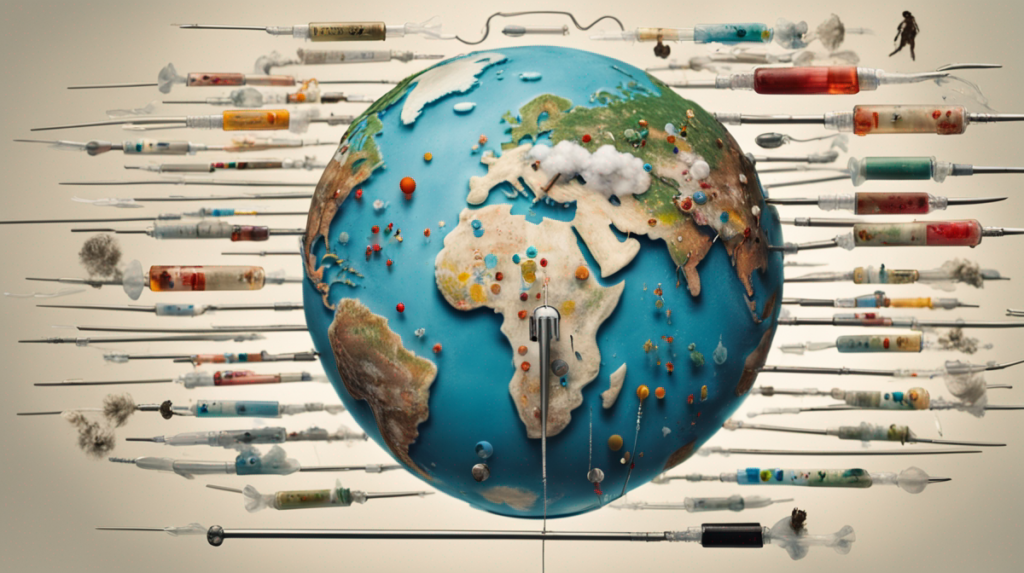Vaccination, the simple act of getting a vaccine shot, has had monumental effects on global health. It has led to the eradication of debilitating diseases, ensuring a healthier and longer life span for millions across the globe. This descriptive piece will delve into the intricacies of vaccination, its swathes of impact, and the significance it carries in shaping the health landscape of the world.
The Importance of Vaccination in Global Health
The World Health Organization (WHO) names vaccines as one of the most powerful tools for promoting health. Done right, vaccinations can eliminate diseases. For example, through worldwide vaccination drives, smallpox became the first disease to be eradicated in 1980. Similarly, the polio endemic is on the brink of global extermination, thanks to strong vaccination initiatives.
Prevention, not Cure
Vaccination is a preventive measure, not a cure. Vaccines work by stimulating the body’s immune response, equipping it to fight future infection by the disease. This mechanism is much more effective and safer than treating severe symptoms post-infection. It not only helps avoid costly healthcare expenditures but also reduces the burden on healthcare systems.
Immunization as a Lifesaver
Vaccination, especially in vulnerable groups like children and elderly, has proved to be a lifesaver. It is estimated that immunization prevents 2-3 million deaths annually. With the introduction of newer and improved vaccines, these numbers can significantly increase.
(Read Also: Unmasking Antibiotic Resistance: A Looming Global Health Catastrophe)
Dispelling Myths and Controversies
Despite the evident benefits, vaccination has its share of controversies and myth. The most common being a presumed link between vaccines and autism, a claim that has been thoroughly debunked by multiple scientific studies. It’s crucial to rely on scientific evidence and recommendations made by healthcare professionals when it comes to vaccination.
Addressing Vaccine Hesitancy
Vaccine hesitancy, the delay in acceptance or refusal of vaccines despite availability, is a substantial roadblock in achieving global immunization. Fears and misconceptions often fuel this hesitancy. Providing accurate information and addressing these fears is crucial in promoting vaccine acceptance globally.
(Read Also: Unlocking Global Health: The Imperative Role of Vaccination)
Vaccination and Pandemics
As the current COVID-19 pandemic graphically illustrates, timely and widespread vaccination is the most effective strategy to combat such pandemics. Vaccination not only reduces the disease severity and hospitalizations but also minimizes the virus’s chance to mutate into more dangerous strains. Universal vaccination is our best bet to return to normalcy.
Conclusion
The importance of vaccination in global health cannot be overstated. It is a cost-effective preventive measure that saves lives and curbs the spread of many infectious diseases. As the world continues to face health challenges, the relevance, and need for vaccination will only grow stronger.

